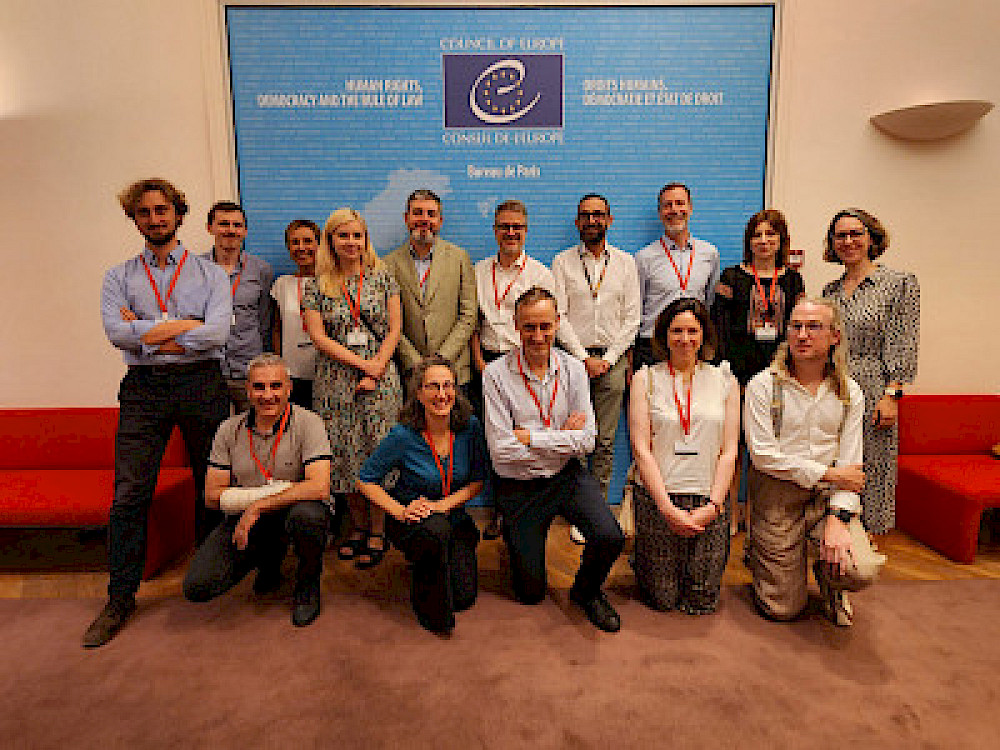The rise of commenters on news articles has been one of the major changes that digital news has facilitated. There are many of us happy to confess visiting news sites like thejournal.ie just to check the responses to a story we already know.
So when I wrote a piece for thejournal.ie drawing attention to the relatively bright future for Irish journalism, despite my instincts to run and hide, I was keen to see how those who share my interest would respond.
Only 46% of Irish people say that the trust the news in general, and 57% say their own sources, a worrying statistic. I heard the word ‘flummoxed’ more than once when it was revealed at the launch of Digital News Report. So I decided I would compile a core list of common complaints.
Media ownership and Denis O’Brien.
The main complaint that emerged centred on media ownership and the lack of journalistic independence. Denis O'Brien or DOB; it seems he now has his own acronym, came up time and again. Media moguls are historically unpopular and mistrusted. And it is not without good reason. The centralisation of power particularly in the absence of transparency breeds distrust and discontent.
Denis O’Brien is in danger of misreading the public mood and undermining his own media empire by generating more distrust in his own publications. However, given they are still among the most popular newspaper and radio titles in Ireland, so he may not worry too much.
Too close for comfort
A general response was that Irish Journalists and the media are all part of a cosy self-serving elite. Their friendly relationship with politicians, lawyers, Gardaí along with the corporate interests of media owners is just too much smoke for some people, they are convinced there is a fire. But it should be remembered that for journalists to get the basic job done a healthy working relationship must be maintained with sources, PR people and the public figures who they cover in news. More times than not, a good story about any one of these will win out in that contest, they are in the business of selling news.
This relationship however can drift into Stockholm syndrome or more cynically serving the sources agenda is considered worth it for the flow of news stories from them. Independence, integrity and scrutinising authority are viewed as minimum requirements for journalists. Reproducing any elite messages in the absence of critiquing them is easily recognised and rarely welcomed even if it does make quick and safe copy.
Generally not good enough
There was a lot of general comments about the condition of Irish journalism. The overall feeling being that it is not good enough; but then nothing this important ever is. The influence of the internet, click baiting, reliance on press releases, cross-publication content and the reproduction of British news, as well as awareness of positive developments in the global press were all mentioned. The public just want more credible, original journalism and it’s no more than they should demand.
Data from the Digital News Report Ireland 2015 tells us 10% say that they comment specifically under a news article. Often these are the 10% leading the charge of opening up the discussion online and their positions can be as influential as the agenda of the article itself. They add information, advance the debate, provide some humour and occasionally loose the plot.
So in the absence of any other evidence for the low levels of trust in the Irish media, the commenters, those 10% who do it under an article or those 25% who comment about it online are for now the best place to start. Keep-up the input.




